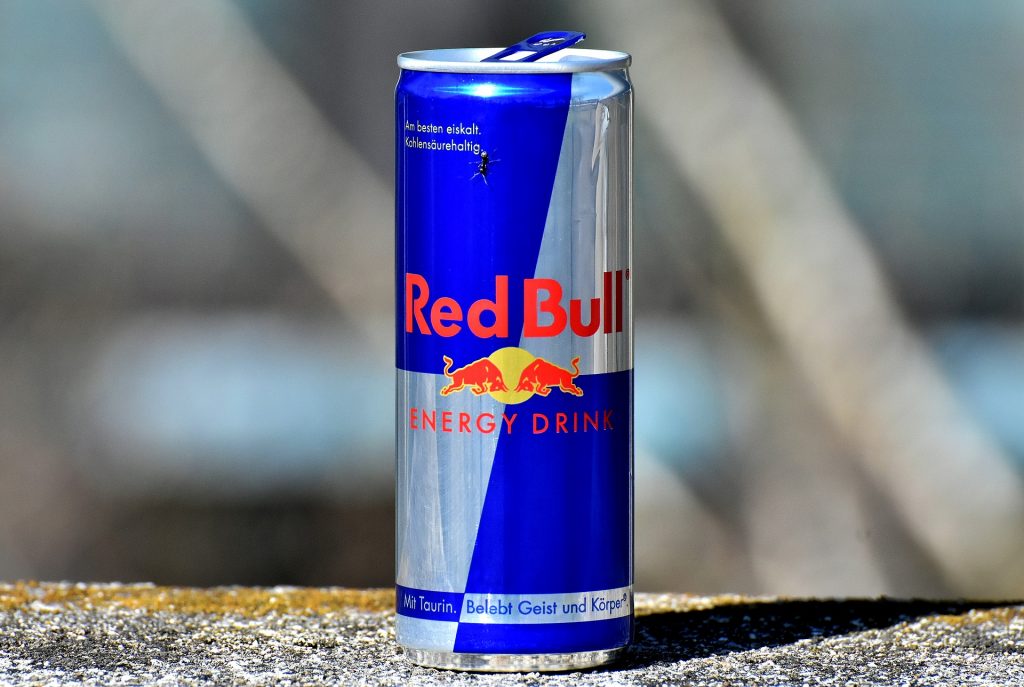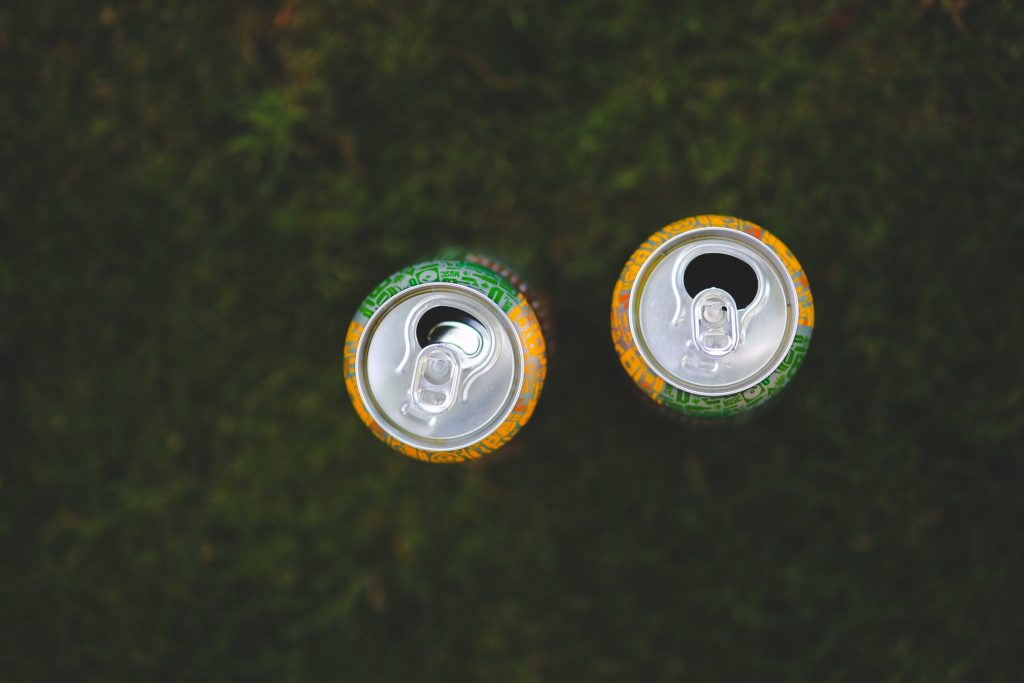Energy drinks have grown in popularity over the past few decades. New research suggests a correlation between consuming energy drinks and mental health issues.

“A study, conducted by psychologists at the Walter Reed Army Institute of Research, followed more than 600 combat soldiers in their first seven months home after deployment.”
Adler’s research team asked soldiers about energy drink consumption and presence of mental health issues like post-traumatic stress, fatigue, aggression and sleep deprivation.
The survey results were startling: the soldiers drinking two energy drinks or more per day were more likely to have mental health issues than those who didn’t consume energy drinks.
Dr. Amy Adler and team set out to investigate the mental health of soldiers returning home. Adler sent out a questionnaire to 600 deployed soldiers, and discovered that 75% of soldiers surveyed drank energy drinks everyday. She quickly noticed that the prevalence of energy drink consumption was associated with increased risk of mental health issues.
“Depression and sleep problems, increased aggression, anxiety, substance abuse, things like that. All of those are risk factors were associated with drinking excessive amounts of energy drinks.”
Senior Psychologist Dr. Amy Adler, hopes that their research will shed light on how energy drinks can affect mental health not only in soldiers but civilians as well. Adler did not state that the energy drinks cause mental health issues, but it is a factor to consider when the soldiers return. Something they can control to help themselves feel better.
“There may be other high-risk groups out there like police, firefighters, emergency responders, or other groups this may apply to – or not,” Dr. Adler explains. “These groups are groups we want to pay attention to because there might be a way to mitigate the mental health problems out there.”
Energy drink consumption in the Iraq war is being compared to tobacco use during the Vietnam war.
“They (energy drinks) were rampant,” Greg Gebhardt, an Iraq veteran living in Raleigh, recalls to ABC11. “It was almost like a lifestyle. The soldiers used to joke as long as we have armed forces in the United States, the tobacco industry and energy drink industry will be just fine.”
Gebhardt managed the dining facilities at a base in Baghdad. He said energy drinks were very popular, not for taste but for caffeine-related effects.
“I think it served a purpose to give it that extra boost, to push them a little further, to keep their cognitive functions about them for that 16th or 18th hour of a long day in 120-degree heat,” said Gebhardt.
The consumption of energy drinks is widely common in the U.S. particularly with teenagers or adults who work long hours.
“The National Center for Complementary and Integrative Health, a division of the U.S. Department of Health and Human Services, reports men between the ages of 18 and 34 years to consume the most energy drinks, and almost one-third of teens between 12 and 17 years drink them regularly.”

Dr. Branson Page, a physician at WakeMed’s Emergency Department believe that people often overlook the risks of consuming too much caffeine. Most people are unaware that too much caffeine can cause health issues.
Caffeine stimulates the central nervous system which increases heart rate and blood flow. If consumed in access, can cause anxiety, heart palpitations, agitation, and other physical symptoms.
Dr. Page believes there are many healthy alternatives if you are looking to be more awake and aware during your day. Exercise and restful sleep are extremely beneficial to mental awareness and overall positive mental health.
To learn more: Research raises concerns about use of energy drinks in military – ABC11
Sign up for Diabetes Blog Bytes – we post one daily Blog Byte from Monday to Friday. And of course, Tuesday is our Question of the Week. It’s Informative and FREE! Sign up below!
[yikes-mailchimp form=”1″]









